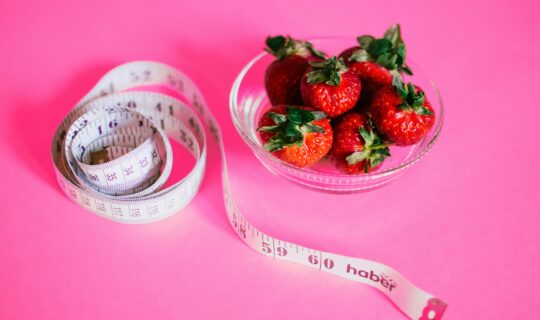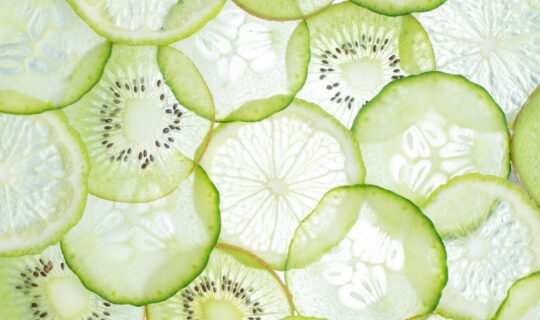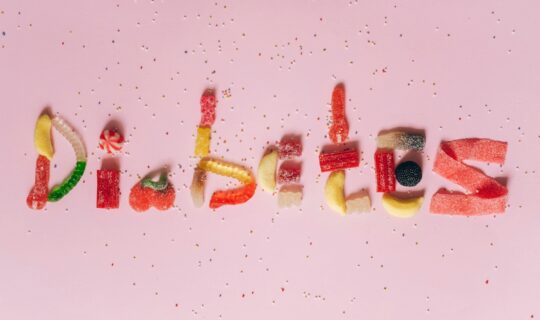If you’ve ever typed “how can I lose weight?” or “best diet to lose weight” into a search engine, you’ve likely come across countless answers—some helpful, some downright confusing or wrong. As a qualified nutritionist, I want to help cut through the noise by addressing common food and weight loss myths that may be holding…
Are natural alternatives to table sugar better than table sugar?
by Lucia Stansbie
Many clients tell me they don’t eat sugar but instead have a good squeeze of honey/agave or maple syrup in their morning porridge or in their tea…it is natural, healthier, and better right? The news is…chemically they are exactly the same!
Let’s start from the beginning – what is table sugar?
Table sugar is obtained by harvesting, crushing, and extracting the juice from sugar cane. This juice gets boiled until the liquid evaporates and what is left behind is sugar crystals.
Those sugar crystals are disaccharides: two molecules of sugar bound together; one is fructose, and one is glucose.
What happens when we eat sugar?
Those molecules get digested very quickly by our body which then releases insulin so that the sugar molecules can enter the cells and be used as fuel. Excessive sugar in circulation gets stored in the liver as glycogen to then be released back in the bloodstream when sugar levels are low and energy is needed. If glycogen reserves are “full” or the quantity of sugar ingested is high those molecules will get stored as fat either in the liver or in other fat reserves in the body.
This process doesn’t happen only when we add white sugar to our tea or have a cake but also when we have “healthier” alternatives such as honey, maple syrup or agave syrup. Natural alternatives of sugars are made up of fructose and glucose too; what changes is the ratio of those two. Why do they taste so different if they are basically the same? This is becasue of some extra micronutrients (vitamins and minerals) as polyphenols. While it is true those precious compounds are present in natural sugar alternatives, their quantity is minimal and they can’t be considered a “source” of them – you are not upping your vitamin intake by having honey.
Some kinds of honey can have more fructose than glucose and small percentages of more complex sugars. Agave syrup is mainly fructose, with little glucose and while this might seem “healthier”, it worth noting that fructose gets processed mainly by the liver, and any excess will be stored as liver fat. Continuous and excessive fructose intake can lead to the development of no alcoholic fatty liver disease (NAFLD) in some individuals.
Does this mean we have to ditch honey, agave and maple syrup? Not at all, but just being mindful that they are the same as sugar and adding two big squeezes in your breakfast or using them deliberately in your tea metabolically speaking is the same as adding various spoons of white sugar!
If for medical reasons you have to limit sugar intake, cinnamon or real vanilla paste can give a sweet flavour to foods too.
Everything is allowed in a healthy diet, the important is balance.



